
The liver is one of the most important parts of human body. Its role is to process the nutrients from the food, manages toxins and chemical substances absorbed through the bowels, recycle the erythrocytes, produce proteins and blood clotting agents, regulate the metabolism of cholesterol and remove excess bile.
Bile is a byproduct of recycling of red blood cells and it is important for the digestion of fats. When the liver is not working properly, it is not able to remove all the bile and it may cause serious issues.
Liver damage can be caused by excessive consumption of alcohol, by metabolic or genetic disorders, excessive amount of iron in the liver, virus diseases like hepatitis B and C, primary billiard cirrhosis and autoimmune disease. First signs of liver damage are fatigue, nausea, and general weakness, loss of appetite and of body weight. Anemia may occur as a result of weak appetite.
Jaundice is another symptom of liver damage. It occurs when bilirubin cannot be adequately removed from the blood and it causes the skin, nails and white parts of the eyes to turn yellowish. Nails may become curved and pale while the skin may get darker.
Since the bile is not being removed completely from the system through the bowels, the stool may change color and become paler. An enlarged liver is common in patients with liver damage. It can be felt by hand on the right side below the ribcage.
All those symptoms working together may cause pressure to the diaphragm, making it hard for the patient to breathe. Patient may also be very thirsty and urinate a lot. Bloating is another common symptom of liver damage. Irritable bowel syndrome is common in cases of liver damage.
More than a half of male patients with liver damage experience changes of size in breasts and testes- breasts grow bigger and testes shrink. Liver damage increases the bleeding time, because the liver’s ability to produce blood-clotting proteins is challenged. In the later stages of disease, there may be blood in stool and vomit, as well as nose bleeding.
The liver is a very important organ and it is vital for the survival of the human body and a total liver failure can lead to death. However, liver has the ability to regenerate itself and a patient can survive even if 60 percent of the liver is lost. This does not mean the symptoms indicating liver damage should be taken easily. If any of the signs occur, a person should immediately seek medical attention.


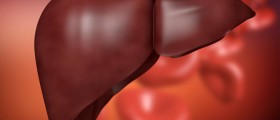

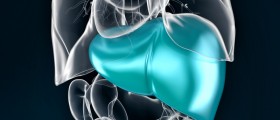



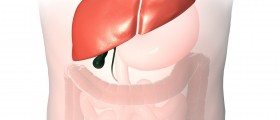




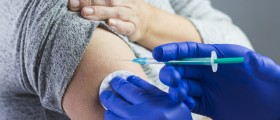

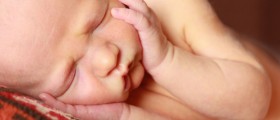

Your thoughts on this
Loading...